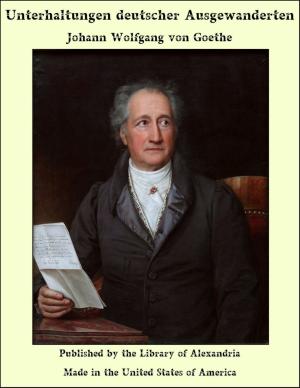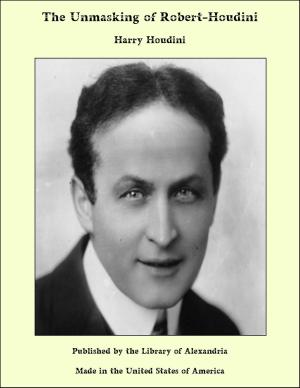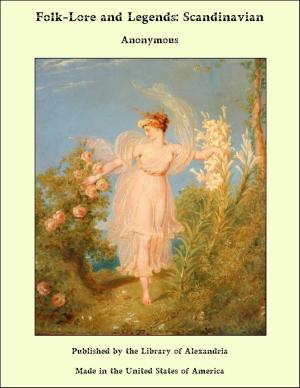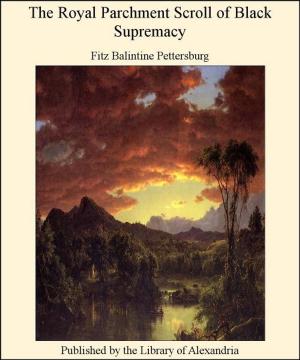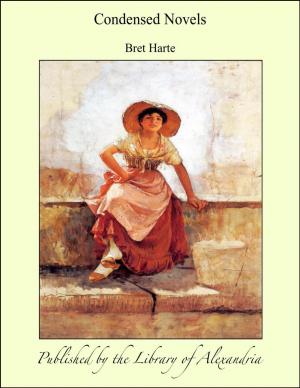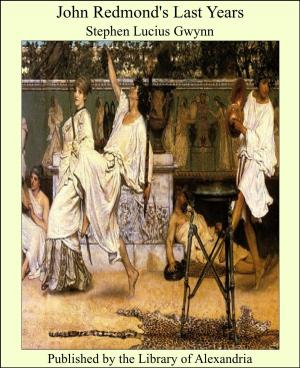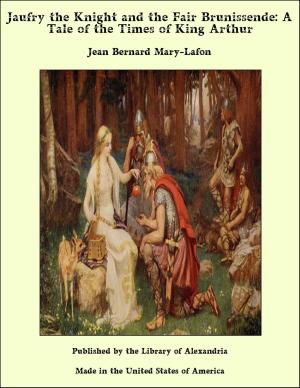Development of Religion and Thought in Ancient Egypt
Nonfiction, Religion & Spirituality, New Age, History, Fiction & Literature| Author: | James Henry Breasted | ISBN: | 9781465546241 |
| Publisher: | Library of Alexandria | Publication: | March 8, 2015 |
| Imprint: | Language: | English |
| Author: | James Henry Breasted |
| ISBN: | 9781465546241 |
| Publisher: | Library of Alexandria |
| Publication: | March 8, 2015 |
| Imprint: | |
| Language: | English |
CONTRARY to the popular and current impression, the most important body of sacred literature in Egypt is not the Book of the Dead, but a much older literature which we now call the “Pyramid Texts.” These texts, preserved in the Fifth and Sixth Dynasty Pyramids at Sakkara, form the oldest body of literature surviving from the ancient world and disclose to us the earliest chapter in the intellectual history of man as preserved to modern times. They are to the study of Egyptian language and civilization what the Vedas have been in the study of early East Indian and Aryan culture. Discovered in 1880-81, they were published by Maspero in a pioneer edition which will always remain a great achievement and a landmark in the history of Egyptology. The fact that progress has been made in the publication of such epigraphic work is no reflection upon the devoted labors of the distinguished first editor of the Pyramid Texts. The appearance last year of the exhaustive standard edition of the hieroglyphic text at the hands of Sethe after years of study and arrangement marks a new epoch in the study of earliest Egyptian life and religion. How comparatively inaccessible the Pyramid Texts have been until the appearance of Sethe’s edition is best illustrated by the fact that no complete analysis or full account of the Pyramid Texts as a whole has ever appeared in English, much less an English version of them. The great and complicated fabric of life which they reflect to us, the religious and intellectual forces which have left their traces in them, the intrusion of the Osiris faith and the Osirian editing by the hand of the earliest redactor in literary history—all these and many other fundamental disclosures of this earliest body of literature have hitherto been inaccessible to the English reader, and as far as they are new, also to all. It was therefore with peculiar pleasure that just after the appearance of Sethe’s edition of the Pyramid Texts I received President Francis Brown’s very cordial invitation to deliver the Morse Lectures at Union Theological Seminary on some subject in Egyptian life and civilization.
CONTRARY to the popular and current impression, the most important body of sacred literature in Egypt is not the Book of the Dead, but a much older literature which we now call the “Pyramid Texts.” These texts, preserved in the Fifth and Sixth Dynasty Pyramids at Sakkara, form the oldest body of literature surviving from the ancient world and disclose to us the earliest chapter in the intellectual history of man as preserved to modern times. They are to the study of Egyptian language and civilization what the Vedas have been in the study of early East Indian and Aryan culture. Discovered in 1880-81, they were published by Maspero in a pioneer edition which will always remain a great achievement and a landmark in the history of Egyptology. The fact that progress has been made in the publication of such epigraphic work is no reflection upon the devoted labors of the distinguished first editor of the Pyramid Texts. The appearance last year of the exhaustive standard edition of the hieroglyphic text at the hands of Sethe after years of study and arrangement marks a new epoch in the study of earliest Egyptian life and religion. How comparatively inaccessible the Pyramid Texts have been until the appearance of Sethe’s edition is best illustrated by the fact that no complete analysis or full account of the Pyramid Texts as a whole has ever appeared in English, much less an English version of them. The great and complicated fabric of life which they reflect to us, the religious and intellectual forces which have left their traces in them, the intrusion of the Osiris faith and the Osirian editing by the hand of the earliest redactor in literary history—all these and many other fundamental disclosures of this earliest body of literature have hitherto been inaccessible to the English reader, and as far as they are new, also to all. It was therefore with peculiar pleasure that just after the appearance of Sethe’s edition of the Pyramid Texts I received President Francis Brown’s very cordial invitation to deliver the Morse Lectures at Union Theological Seminary on some subject in Egyptian life and civilization.

